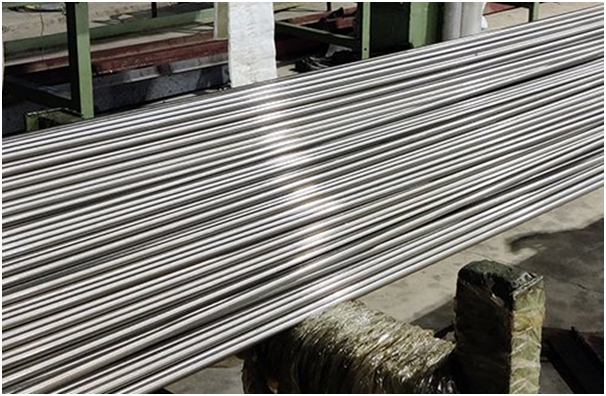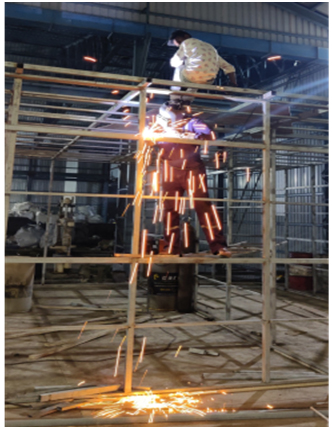
Stainless steel and steel are two frequently applied materials in a variety of sectors. While they may appear to be similar, there are some significant differences between the two. In this blog, we'll discuss the fundamental differences between stainless steel and steel.
Steel is a metal alloy composed of iron and carbon. It is the most widely used metal in the world due to its high strength, low cost, and ease of production, it is the most extensively used metal in the world. Steel is an ideal choice for structural applications such as buildings and bridges, as well as tool, appliance, and automobile manufacture.
Stainless steel is also an iron alloy, but it includes a minimum of 10.5% chromium. This enhanced chromium provides stainless steel a high level of corrosion resistance, making it perfect for use in rust and corrosion-prone conditions. Stainless steel is widely used in the manufacture of cutlery, medical devices, and jewellery.

Corrosion Resistance
One of the most well-known differentiations between steel and stainless steel is their great corrosion resistance. Steel rusts and corrosions easily, compromising structural integrity over time. Stainless steel grades such as 304 and 316 are similar but differ slightly. Manufacturers makebright bars and smooth turned round-bars of ferritic, austenitic, and martensitic stainless steel in AISI 410, 416, and 420 grades.Stainless steel, on the other hand, is extremely corrosion resistant and may sustain its strength and look even in violent situations.
Strength
Steel is well-known for its high strength and durability, making it an excellent choice for applications where strength is essential. Although, stainless steel is also a robust material, and its corrosion resistance makes it a great choice for situations where longevity is crucial.
Appearance
Steel has a bland, lifeless appearance and is frequently coated or painted to improve its appearance. Stainless steel, on the other hand, has a gleaming, polished appearance that is highly appealing and can improve the appearance of products.
Cost
Steel is a slightly less expensive material than stainless steel, making it a common choice for applications where cost is the most important consideration. Stainless steel is more expensive due to its increased proportion of chromium and other elements, which contribute to its superior corrosion resistance.
To summarise, steel and stainless steel are both commonly used materials, but they differ in ways that make them appropriate for various uses. Steel is a strong, durable, and cost-effective material that is ideal for structural applications and manufacturing. Stainless steel is highly corrosion-resistant, aesthetically pleasing, and excellent for use in situations prone to rust and corrosion, such as marine applications and food processing. You can make an informed decision on which material is best suited for your specific needs if you know the differences between them.
Send your enquiry to
sales@parthsteel.com